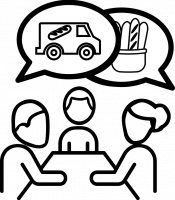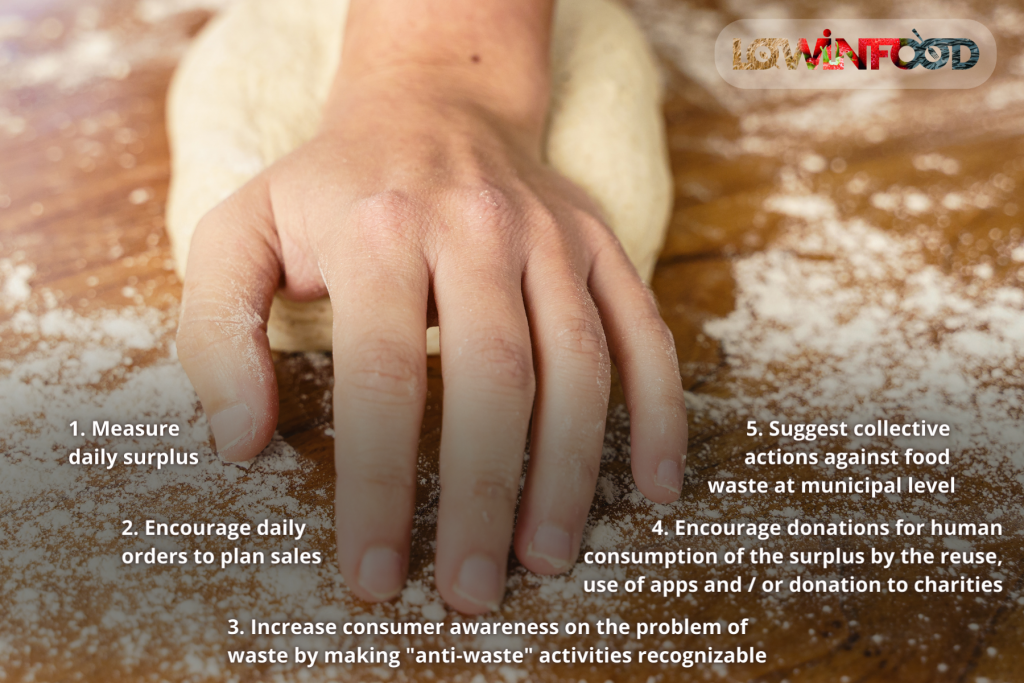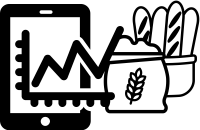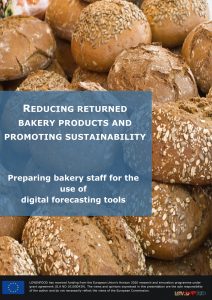In Italy, the innovation was implemented in the northern part of the Lazio Region. The case study is based on 12 small-scale bakeries, mainly located in the Viterbo province, involved by UNITUS researchers and the Italian Confederation of Crafts and Small and Medium Enterprises (CNA) of Viterbo and Civitavecchia.
The innovation consisted of a series of structured discussions where the involved bakers could discuss together the problem of bread lost and waste and find a common strategy to reduce it. Additionally, each bakery branch assessed its surplus bread by using a daily diary (visit this news item to learn more about the process),
Following the outcomes and the proposal from each structured roundtable discussion with the bakeries and the information collected in the diary regarding the bread surplus management, several important upshots emerged.
In order to put in practice new solutions to improve the business of bakeries against food waste, the roadmap called “Una mano contro lo spreco” – “a hand against the waste” was developed. It contains five common actions that these bakeries committed to applying in the following months, which include both actions at the bakery level to mitigate and optimize the surplus of surplus products, together with actions at the institutional and consumer levels:




